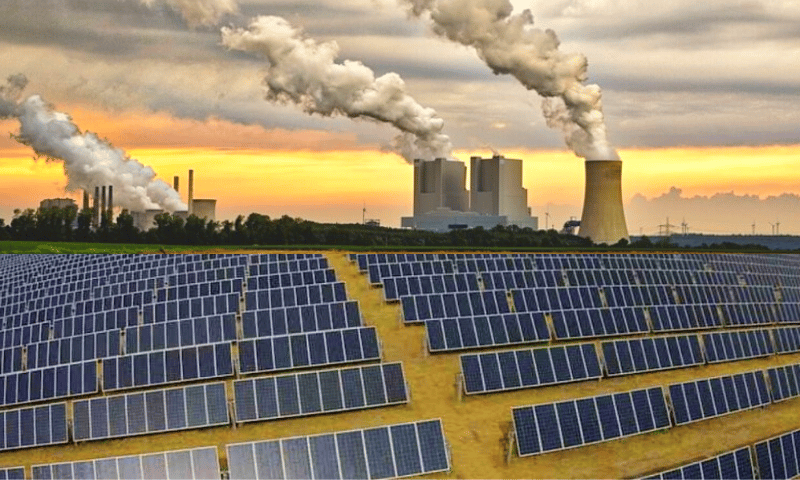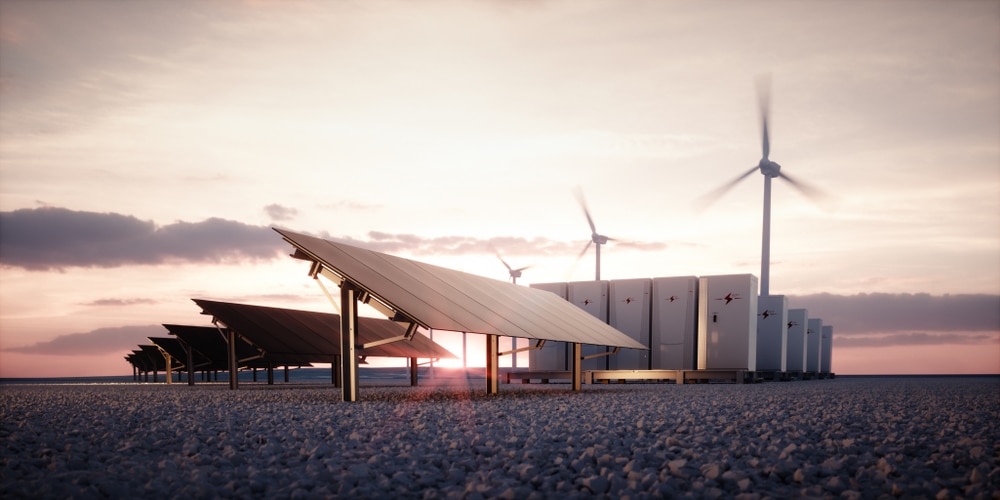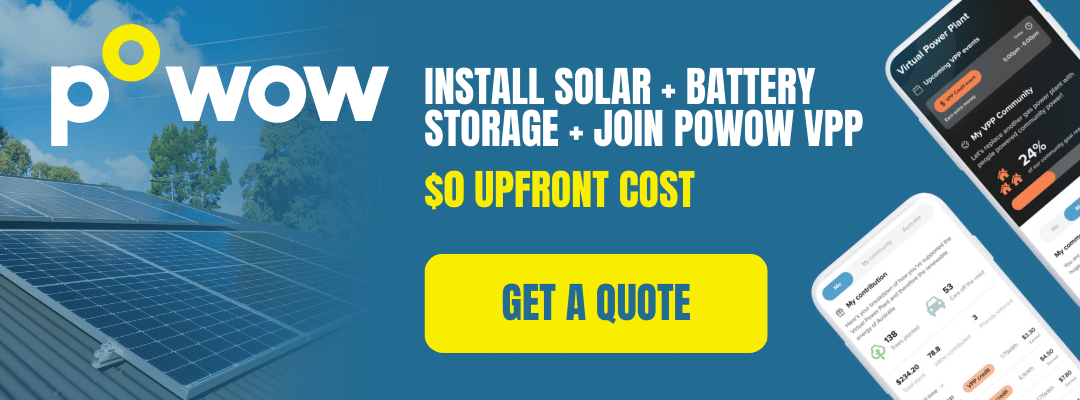
On this page
The energy sector is one of the key drivers of economic growth and development in any country. As countries continue to strive for development, they need reliable and affordable energy sources to fuel their industries, businesses, and homes. However, the approach to energy production and consumption varies across the globe, with developed and developing countries taking different paths towards achieving their energy goals. One of the most significant differences between developed and developing countries is the use of solar and coal-based power systems.
Solar and coal-based power systems represent two paths towards achieving energy security and development. Developed countries have largely moved away from coal-based power systems and are now embracing solar power systems while developing countries still heavily rely on coal-based power systems. However, the cost of solar power systems is declining rapidly, making them increasingly attractive to developing countries. Developing countries can take advantage of this trend by embracing solar power systems and leapfrogging developed countries in transitioning to renewable energy. By doing so, they can reduce their dependence on fossil fuels, improve the health and well-being of their citizens, and contribute to the global fight against climate change.
Check out our page for more about solar and coal energy: Similarities and differences and which is more efficient.
Energy Matters has been a leader in the renewable energy industry since 2005 and has helped over 40,000 Australian households in their journey to energy independence.
Let us discuss and choose the best quote that suits your needs and budget, and we can connect you with our trusted local installers, who will provide up to 3 FREE quotes for your home and business solar energy system. Get your free quotes today!
Developed countries investing heavily in solar power systems
Developed countries have generally moved away from coal-based power systems and are now embracing solar power systems. This shift has been driven by the need to reduce carbon emissions and mitigate the effects of climate change. Solar power systems have become increasingly affordable, making them an attractive option for developed countries. The declining cost of solar panels and technological advancements in the field have made solar power systems more efficient and cost-effective than ever before. Developed countries are also investing heavily in energy storage systems, such as batteries, to ensure a steady supply of power even during periods of low sunlight.
Developing countries are heavily reliant on coal-based power systems
On the other hand, developing countries are still heavily reliant on coal-based power systems to meet their energy needs. Coal-based power systems are seen as a cheap and reliable source of energy, especially in countries with large coal reserves. However, coal-based power systems have significant drawbacks. They are a major contributor to air pollution, which can have serious health impacts on the population. Coal mining can also have devastating environmental effects, including deforestation, land degradation, and soil erosion. Moreover, coal-based power systems require significant infrastructure and are often centralised, making them vulnerable to disruptions in the supply chain.
Despite the drawbacks of coal-based power systems, developing countries face significant challenges in transitioning to solar power systems. For one, the initial cost of solar panels and energy storage systems can be prohibitively expensive for developing countries. Moreover, developing countries often lack the necessary infrastructure and regulatory frameworks to support the widespread adoption of solar power systems. For example, many developing countries have poor electricity grid infrastructure, which can make it difficult to transport and distribute solar energy.
However, there are also opportunities for developing countries to leapfrog developed countries and embrace solar power systems. Solar power systems are modular and can be deployed quickly and easily in remote areas, making them an attractive option for developing countries with large rural populations. Moreover, developing countries can take advantage of new financing mechanisms, such as green bonds and climate funds, to fund their renewable energy projects. By embracing solar power systems, developing countries can reduce their reliance on fossil fuels, mitigate the effects of climate change, and improve the health and well-being of their citizens.
The technological advancements in solar energy systems
One of the most significant advancements in solar energy systems is the development of more efficient solar panels. Early solar panels were often bulky and could have been more efficient, with a conversion rate of around 10%. However, modern solar panels can convert up to 22% of the energy they receive into electricity, making them much more effective at harnessing the power of the sun.
In addition to more efficient panels, significant improvements have been made in the technology used to store solar energy. Battery energy storage systems generated during the day for use at night have become more affordable and efficient, making solar energy a more reliable power source for homes and businesses.
Compared to coal-based systems, solar energy systems are much more environmentally friendly. Coal-based power plants release harmful pollutants into the air and contribute to global warming. Solar energy systems, on the other hand, produce no emissions and have a much lower impact on the environment. In addition, the cost of solar energy has dropped significantly in recent years, making it a more affordable option for many households and businesses.
Looking to the future, there is still significant potential for further improvements in solar energy systems. Researchers are exploring ways to make solar panels even more efficient, such as using new materials or developing new manufacturing techniques. In addition, advancements in energy storage technology could make solar energy an even more reliable and efficient source of power.
Another area of potential improvement is the development of solar-powered transportation. While electric cars are becoming more popular, they still rely on the grid for power. Solar-powered vehicles, on the other hand, could potentially generate all the power they need from the sun, making them a truly sustainable form of transportation.
Technological advancements in solar energy systems have made them a much more viable option for households and businesses. Developing more efficient panels and energy storage systems, combined with the decreasing cost of solar energy, have made it a more attractive alternative to coal-based systems. Looking to the future, there is still significant potential for further improvements in solar energy technology, which could make it an even more effective and sustainable source of power.
The role of government policy in promoting renewable energy

Renewable energy has been gaining momentum in recent years as a viable alternative to traditional fossil fuels, and governments around the world are beginning to recognise the importance of promoting their development and adoption. The role of government policy in promoting renewable energy is crucial, as it can provide incentives, remove barriers, and establish regulations that encourage investment in renewable energy sources like solar power.
Firstly, government policies can provide incentives for developing and adopting renewable energy. For example, many governments offer tax credits or subsidies for installing solar panels, reducing the upfront cost for consumers and making solar power more attractive. These incentives can also encourage investment in research and development, leading to technological advancements and increased efficiency. Furthermore, some governments have set renewable energy targets, which incentivise businesses and utilities to invest in renewable energy sources like solar power to meet these targets.
Secondly, government policies can remove barriers to the adoption of renewable energy. For instance, regulations can be put in place to ensure that the electricity grid can handle the increased use of renewable energy sources. Governments can also streamline the permitting process for solar installations, making it easier and more cost-effective for consumers and businesses to install solar panels. This can help to remove some of the obstacles that have traditionally prevented the widespread adoption of renewable energy sources like solar.
Finally, government policies can establish regulations encouraging investment in renewable energy sources like solar power. This can provide a stable and predictable market for renewable energy and encourage investment in the development of these technologies. Additionally, governments can establish feed-in tariffs that require utilities to purchase excess energy generated by solar panels at a premium rate, providing an additional revenue stream for solar energy providers.
Still can’t afford to switch to solar power?
Are you considering getting solar panels but are currently short on funds? You can still invest wisely, and Energy Matters can help you.
Powow and Energy Matters have teamed up to provide consumers with an alternative to switching to solar power and battery storage. The biggest obstacle to installing solar and battery storage is typically finance. With Powow’s PPA and VPP, our customers will have a $0 upfront option and financial stability in the uncertain energy market.
Get up to 3 obligation-free quotes by getting in touch with us right away. Find out what payment plan options suit your needs and budget!
Check out our page for Powow: Power Purchase Agreement (PPA) and Virtual Power Plant (VPP).










































